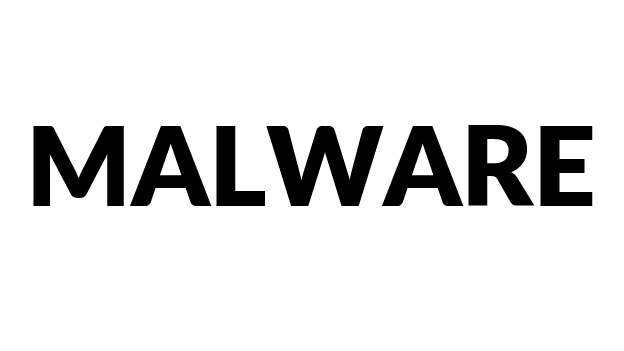
'Malvertising' means almost half of users are infected with malware each visit, finds study
Some of the web's largest pornorgraphy websites may be unwittingly infecting their users due to unscrupulous advertising agencies.
Adverts displayed on the websites – which are visited by hundreds of millions of users each day – were found to be installing harmful files without users' knowledge, reports the BBC.
Xhamster and PornHub were found to be pose the greatest risk to users, according to researcher Conrad Longmore.
The study found that none of the sites hosted malware themselves; rather it was the adverts served by advertising agencies that were at the root of the problem.
Longmore said that the website should do more to let users report malicious advertising.
He suggested it was extremely unlikely that the websites themselves were knowingly allowing their users to become infected.
"We call these malicious advertisements 'malvertising'," explained Mr Longmore to the BBC. "The way the ads are bought and sold across all websites is incredibly complex.
"Ads can often be repackaged and resold so that it is hard to tell where they originated from, and the criminals behind them go to great lengths to disguise what they are doing."
Unsurprisingly Windows users are most at risk, according to Longmore.
However, his research showed that malware writers are increasingly targeting mobile devices.
Using Google's diagnostic service, Longmore was able to find that xhamster – the 46th most popular site on the internet according to monitoring firm Alexa – had malvertising on approximately 5 per cent of its pages.
He said with the average user viewing 10.3 pages on each visit to xhamster, that amounted to a 42 per cent infection risk per visit.
Pornhub was found to have malvertising on 12.7 per cent of its pages, meaning users are even more likely to become infected.
Mr Longmore said: "There seems to have been a sudden spike in malware on popular sites, especially in the past week or so."
However, according to Longmore's statistics, the web's most popular porn site xvideos had no malvertising, suggesting that it had "cleaned up" its act, says Longmore.
"Part of the problem is that porn is a taboo subject," he told the BBC.
"But the reality is that these are hugely popular sites with many of them in the top 100 most popular sites globally. Some of them pull in more traffic than the BBC, so this is potentially a very big issue.
"Site operators could put a quick reporting mechanism on their sites to flag up bad ads and other concerns, and ad networks should also take some responsibility here.
"I don't see that happening any time soon, and perhaps the best thing that users of these sites can do is ensure that their machines are up to date."
Sign up to the T3 newsletter for smarter living straight to your inbox
Get all the latest news, reviews, deals and buying guides on gorgeous tech, home and active products from the T3 experts
T3.com is one of the UK's leading consumer lifestyle websites, visited by over 10 million people every month. You can follow us on Twitter, Facebook and Instagram. We present products in helpful buying guides and carefully curated deals posts across style, living, auto, smart home, watches, travel, fitness and more. We also have a monthly magazine which you can buy in newsagents or subscribe to online – print and digital versions available.


